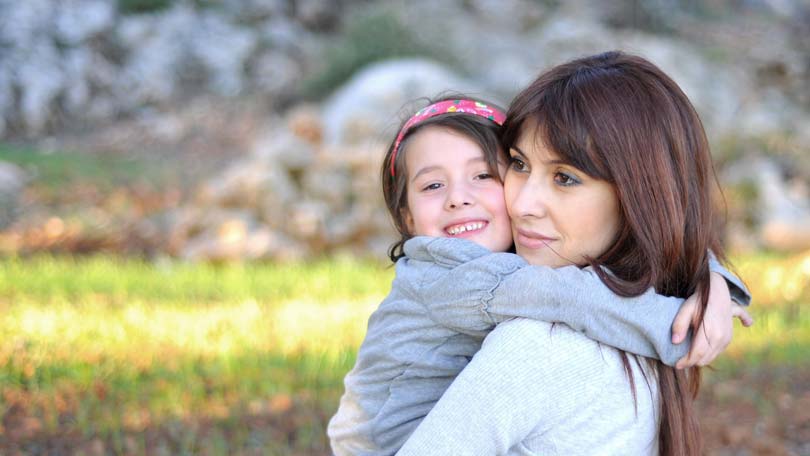
When I was a child, it was not uncommon for my family to move. In fact, we moved a fair amount and I remember the loss that went with a move. It wasn’t just about losing my friends, which was always difficult, but it was also losing that familiarity that I had with a place. I was leaving behind the routine that I had established, the cold mornings when I would hunt down a warm vent or the window that was perfect for sitting under. I was leaving the place in the yard where I day dreamed about my first crush. All of those things were the hard parts for me about moving.
Although moving seems like a fresh start to many adults; moving for many children is punctuated with loss. There are so many variables that will be missing, so many things that they will lose and it is very hard for a child to look ahead at the positives that can come with a move.
It is often difficult for parents, already dealing with the many stresses involved in relocating, to deal with behavioural problems that are occurring with their children. Moving should be a happy adventure, should it? And why is my six year old suddenly reverting back to temper tantrums?
The answer is that all great adventures are mixed with trepidation. Sure, moving can be a fresh start for children and your child may be overjoyed with the new house but there are many anxieties that your child may be experiencing. She may be asking herself questions like, “Will I like my new room? Will I make new friends? Will my dog move with us?”
To make moving easier for both you and your child, there are a few things that you can do.
Prepare, prepare, prepare:When you are helping your child cope with a move, it is important for you to be prepared. It is often surprising how a move will affect a child in different ways. Some children cope with the initial move very well and it isn’t until a few weeks later that you notice any problems, other children will withdraw, and still others will act out. Be prepared for any situation.
On the other scope of this advice, make sure you prepare your child. Let her know exactly what will happen and when you will be moving. If it is possible, visit the house a few times so she has a chance to explore it. Also make visits to the new school and take walks in the community that you will be joining. Providing links from her old world to this new one will help her adjust to the new surroundings. This can be done by finding a nice park and making comparisons to her favorite park at home before you move. Preparation won’t fix everything but it will help alleviate some of the worries your child may have.
Be positive: Often, when we talk about a move, we tend to gripe about everything that needs to be done. It may not be negative but to many children listening, it might as well be. Instead of focusing on the negative aspects of a move, of which there are many, focus on the positives. Talk to your children about how wonderful the community is, how great the school is and if there are any children their age in the neighborhood, a fact that many real estate agents will share with prospective buyers. Keep the move upbeat and positive and leave the worrying for times when your children are asleep or at school so you do not transfer your anxieties onto them.
Create a game plan: Every great team needs a plan and your family should be no different. Draw up a plan with your child as the move draws near. Let them know how treasured items will be transported and what they will be doing through the move. If they are going for a visit to a family member’s house, then prepare them for that. Also, make sure that they are aware of how any family pets will be transported.
Keep changes to a minimum: Regardless of how well you implement a move, there will be changes but the key is to keep them to a minimum. Don’t make major changes to your routines or your habits. If you have a bedtime story every night, continue to do so, even when there are hundreds of boxes to unpack. If you are starting a new job or have a different work schedule, try to find other areas of your routine that you can keep the same. Don’t sign your child up for any extracurricular activities, even if you would like her to make new friends, since this is one more change. Also, make sure that you don’t sell any of your child’s furniture since this can be very disruptive for a child, especially if her room is a comfort zone for her.
Set up their space first: Many children are very concerned about their own things before they are concerned about others. You will find that when you are packing, you are also fielding a thousand questions about what will happen to her toys. When you get to a new house, try setting up your child’s room first. The sooner her space is comfortable, the sooner she will start to feel at home in the new house.
Moving can be a very emotional change for children and parents alike but by following these simple guidelines and showing your child how much you love her, you should be able to help your child cope with the move successfully.





